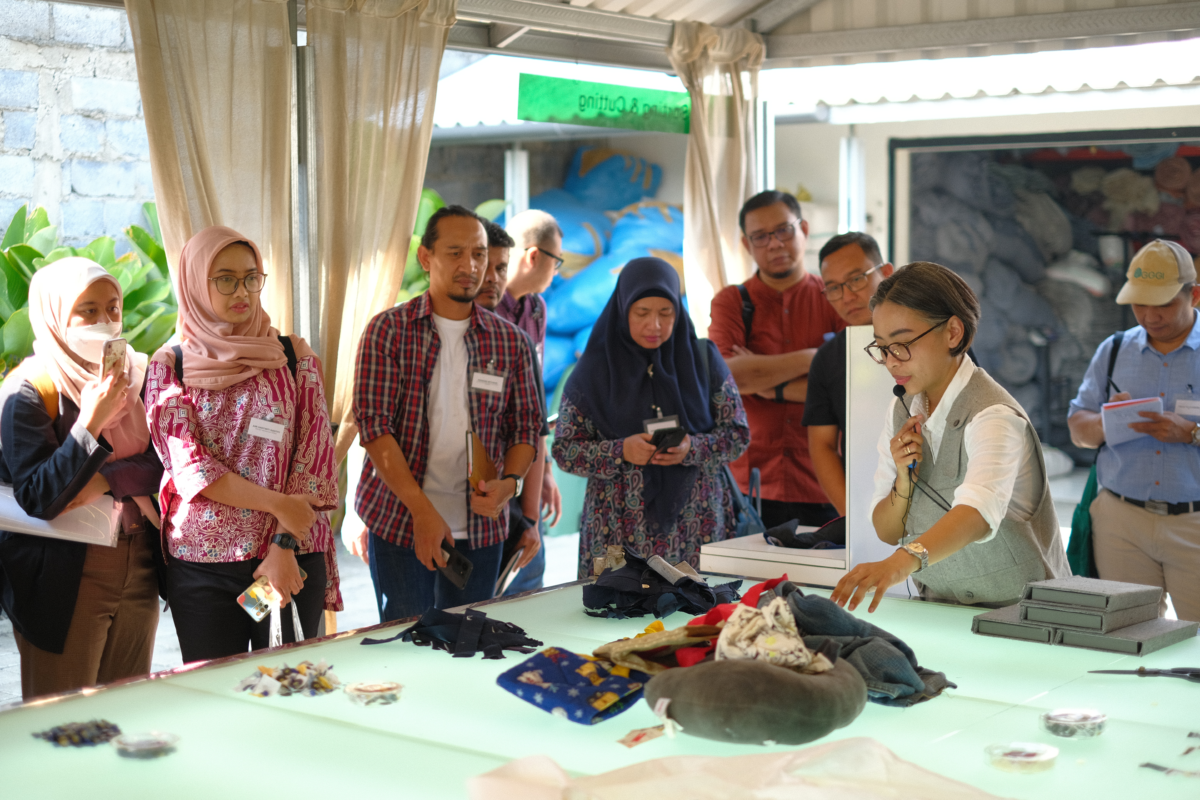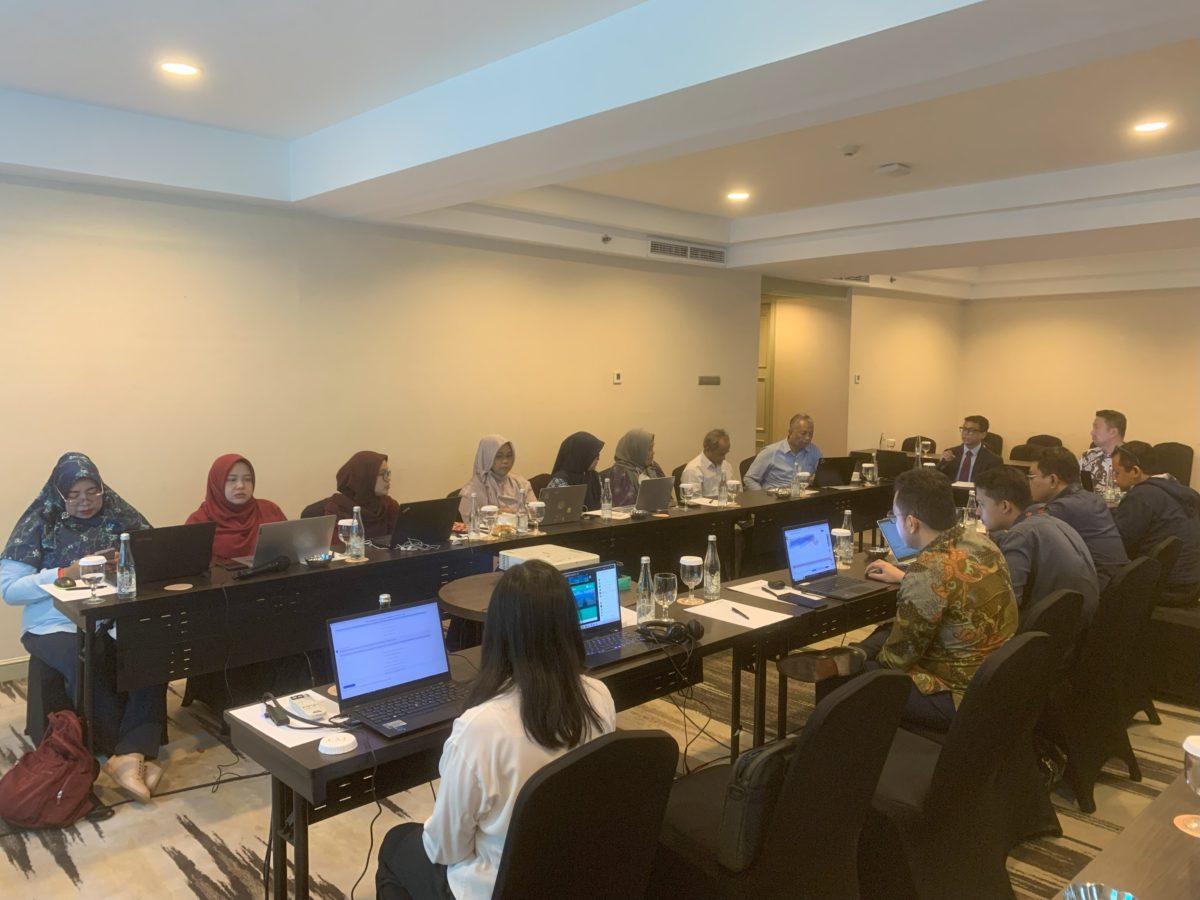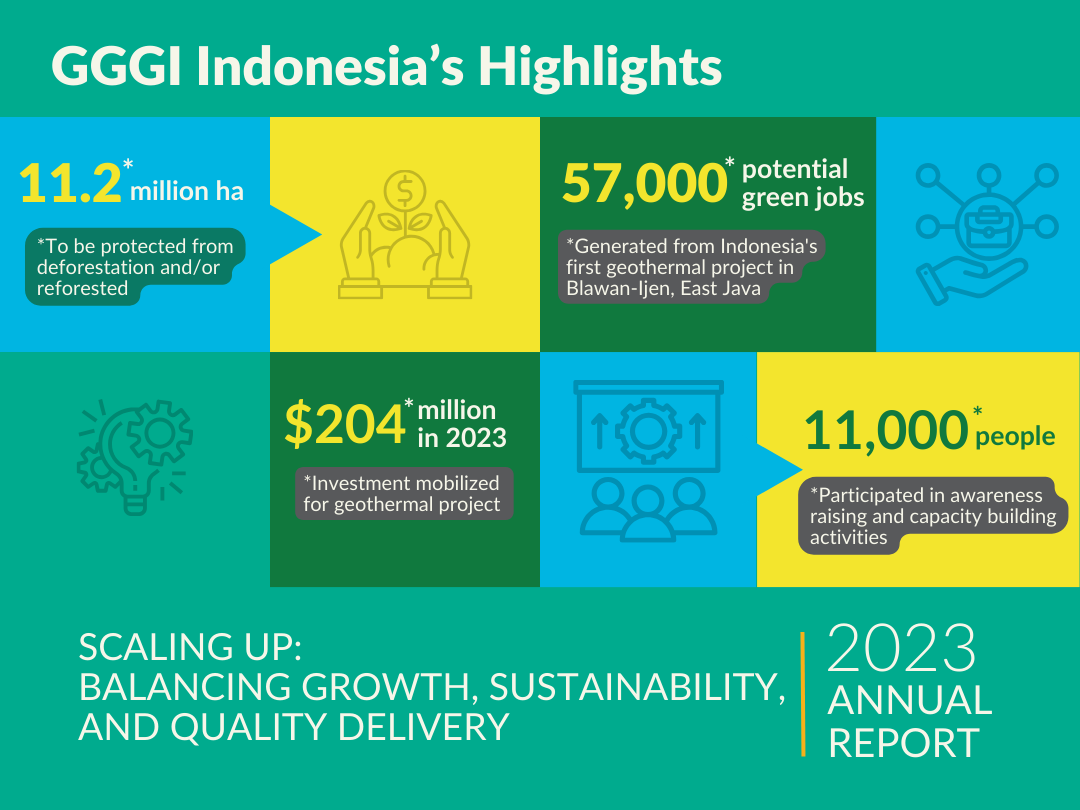Enhancing Collaboration of Climate Finance Focal Points through NDA Website Training
The Fiscal Policy Agency (FPA) as the National Designated Authority (NDA) for the Green Climate Fund (GCF) in Indonesia, in collaboration with GGGI, conducted the NDA website training and handover on March 7, 2024.
The training was designed to transfer knowledge related to technical and non-technical matters from the web developer of the NDA Website & Climate Finance Focal Points (CFFP) Website-Dashboard to the user (NDA/FPA).
In his opening remarks, Eko Nur Prihandoko, Junior Analyst from the Center for Climate Finance and Multilateral Policy of the FPA, expressed appreciation to the participants attending the Training and Handover session for the NDA & CFFP websites. He emphasized that these websites represent the government’s, particularly the Ministry of Finance’s, commitment to exploring climate project financing opportunities in Indonesia. With support from GGGI, under the Readiness III program, the Ministry of Finance, especially the FPA, aims to establish an integrated platform that strengthens climate finance-related information, benefiting the country with broader impacts.
The Government of Indonesia has taken various institutional development steps to maximize climate change funding potentials. For international funding, the Ministry of Finance (MoF) appointed the NDA for GCF, while the Ministry of Environment and Forestry (MoEF) designated focal points for GEF and AF. Indonesia has also established the Indonesia Climate Change Trust Fund (ICCTF) and the Indonesia Environmental Fund (IEF/BPDLH) to manage funding from various sources/donors. PT Sarana Multi Infrastruktur (PT SMI), a non-banking state-owned financial institution, has been tasked by the government to manage the blended finance platform SDG Indonesia One.
These climate funding institutional policies provide the government with a robust foundation for implementing climate-related programs and projects in Indonesia. However, stronger collaboration and synergy among the focal points will maximize the benefit of international climate financing, especially to reduce overlap among funded sectors. Through this website training and handover, we hoped to encourage exchange of information to improve integration of climate financing-related information. This will facilitate the broader utilization of climate finance in the future, particularly in Indonesia, which will result in greater impact to both climate adaptation and mitigation efforts.




